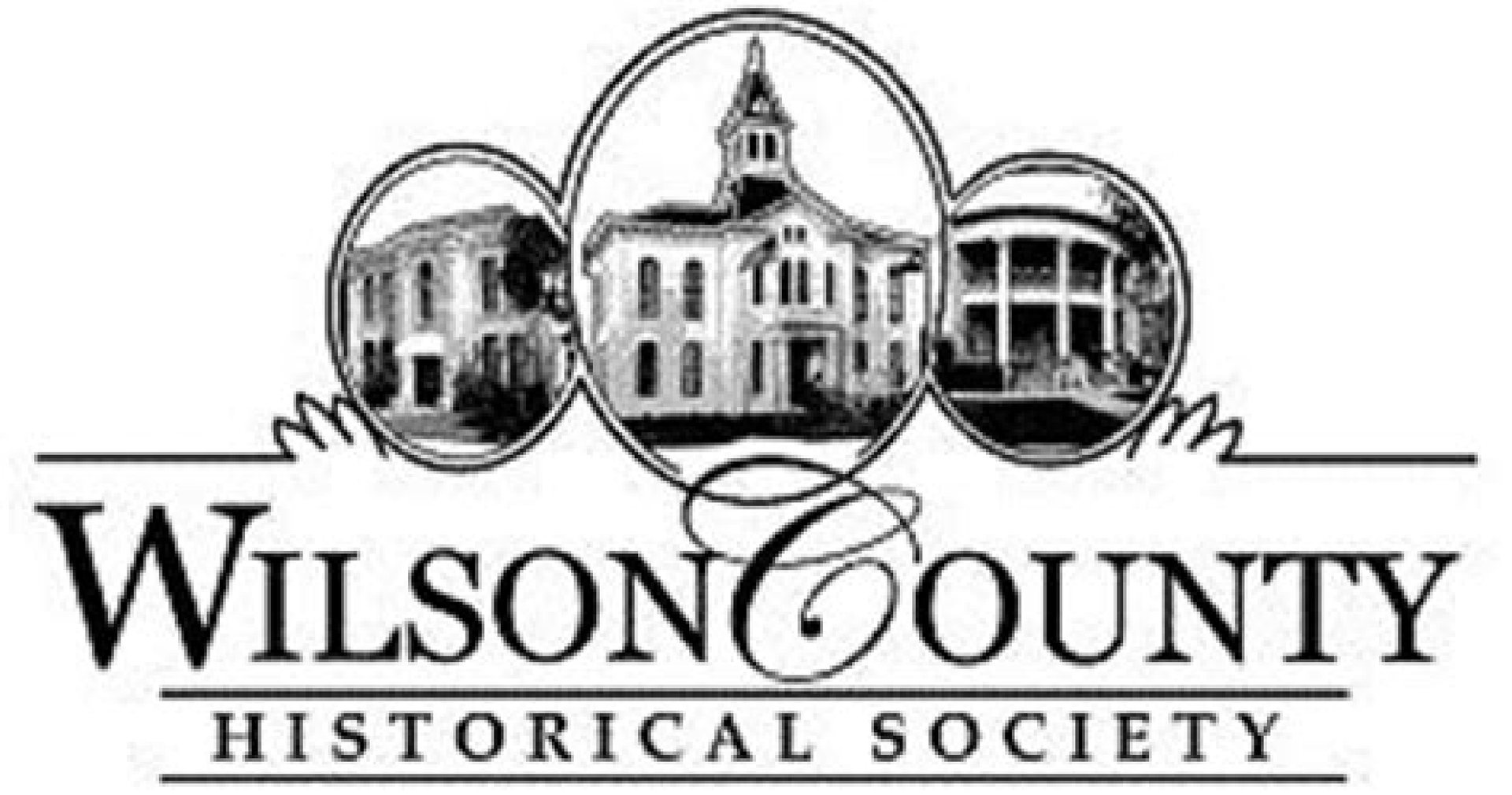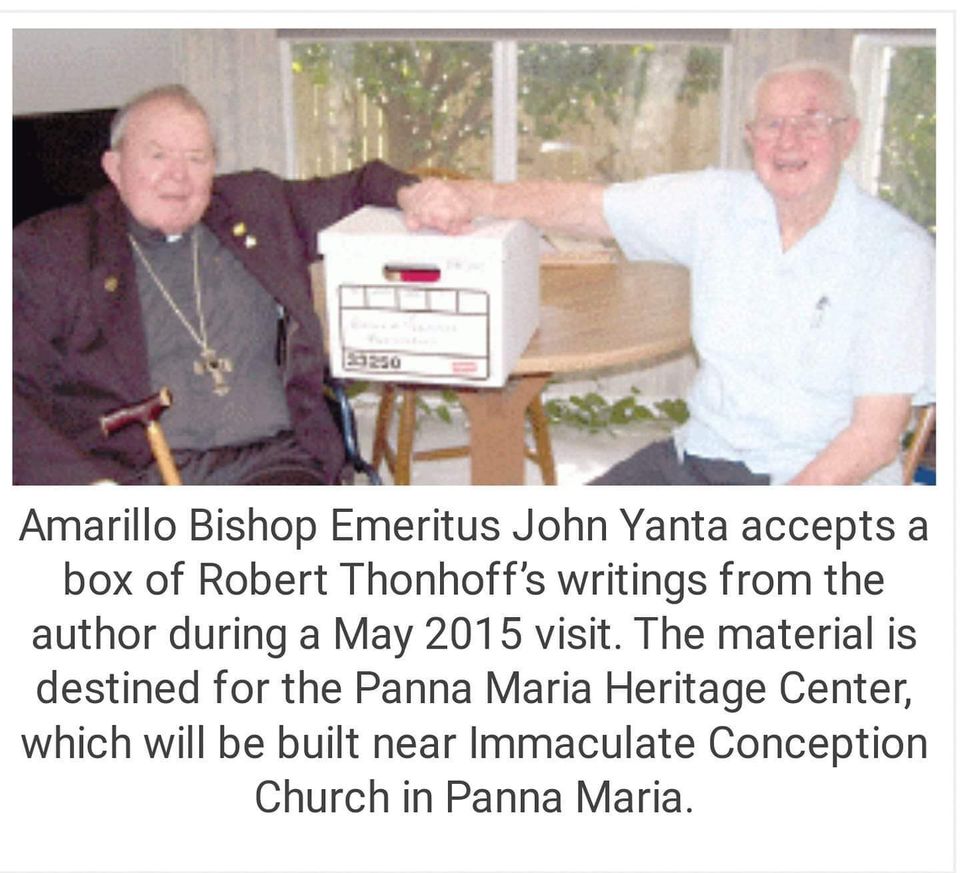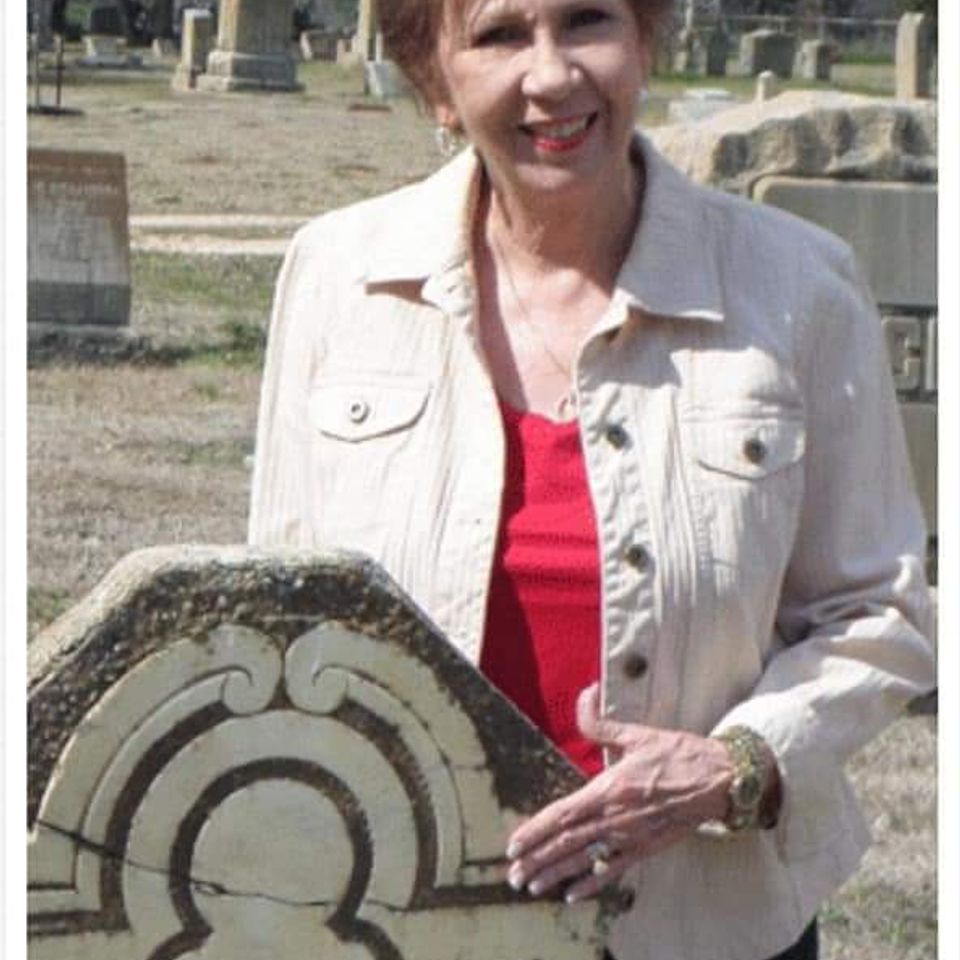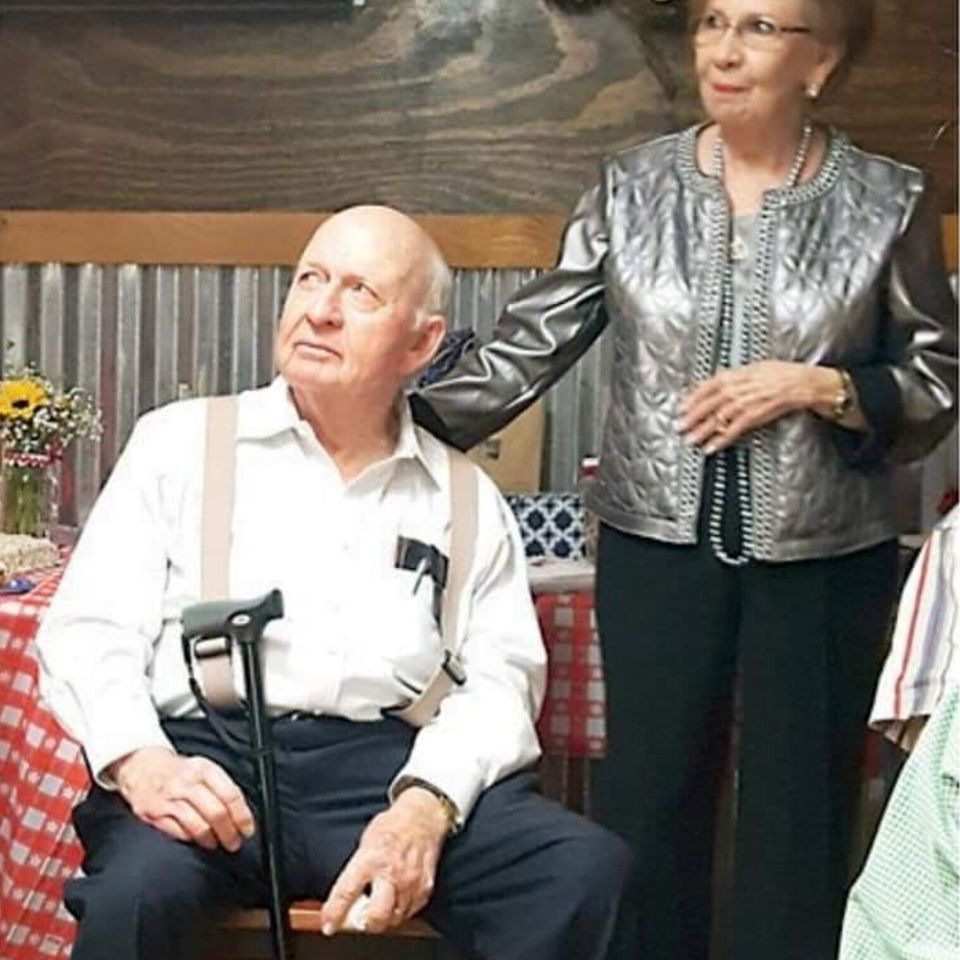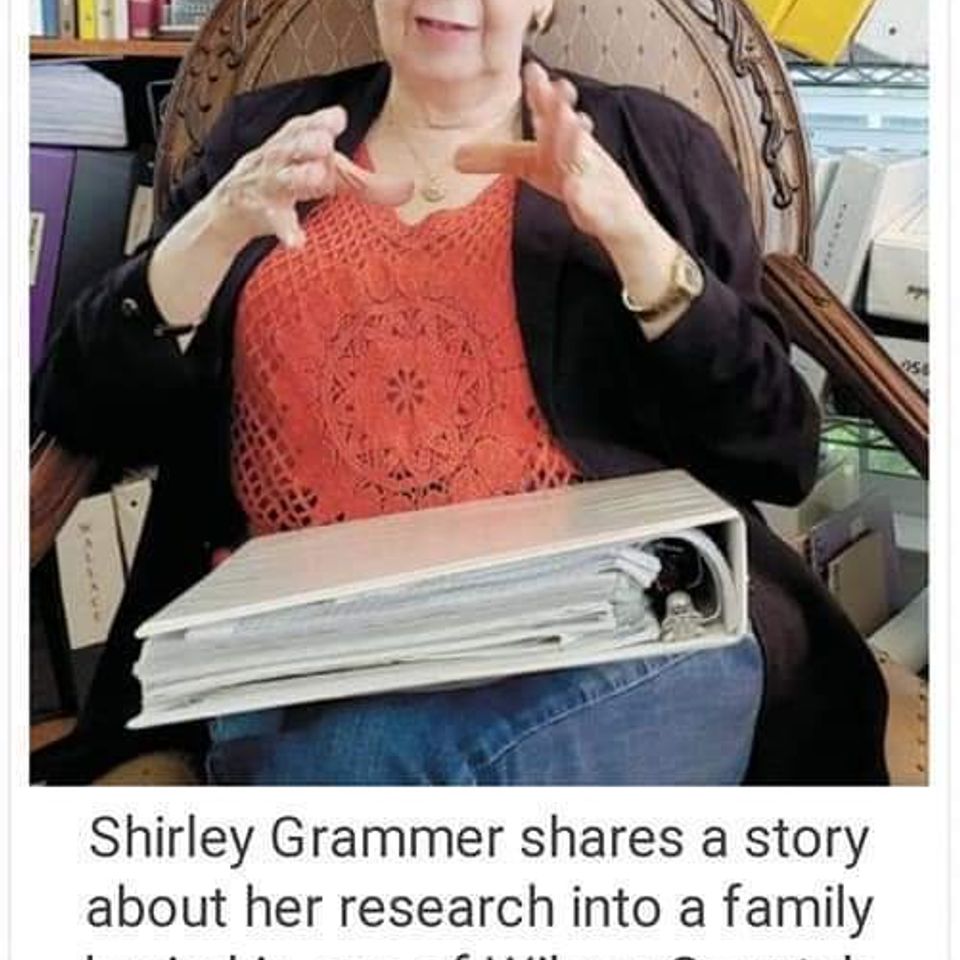by Barbara J. Wood
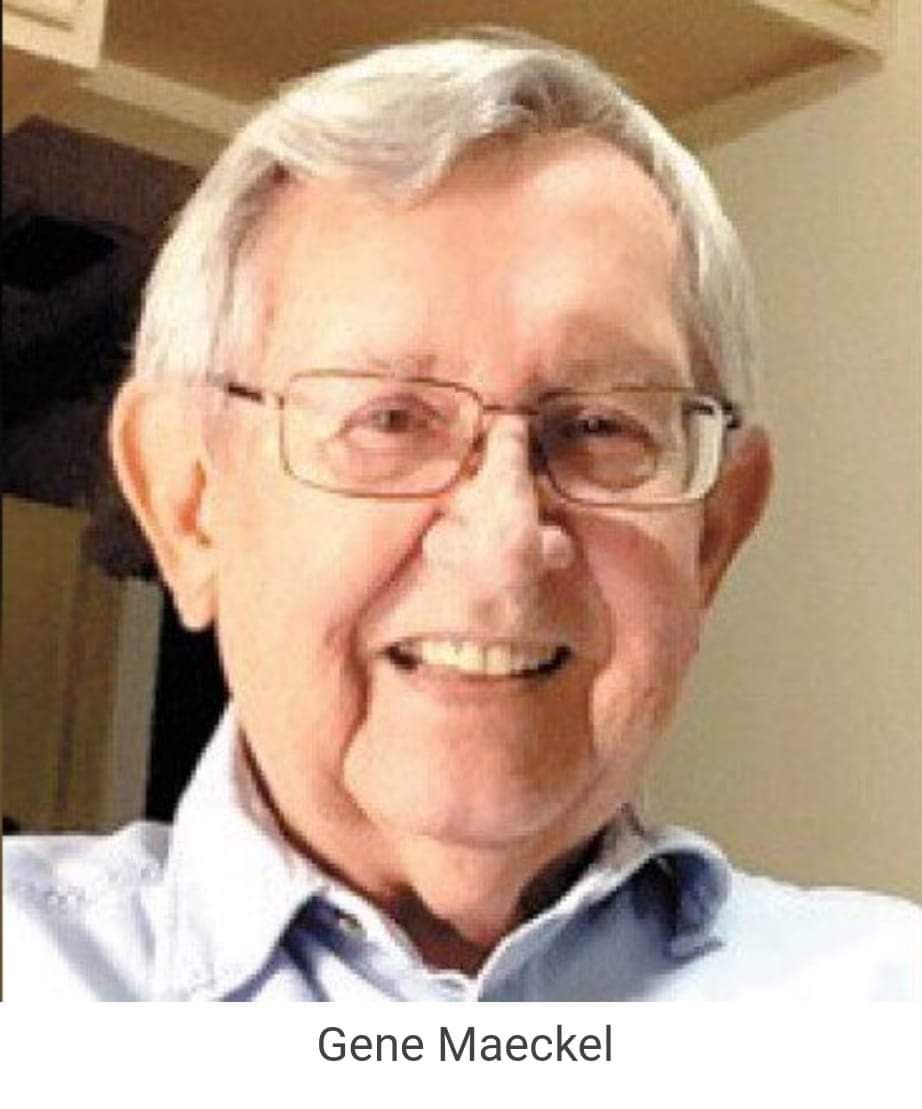
Gene Maeckel: Relentless in his quest to preserve Wilson County history
By Allen Kosub
Special to the Wilson County News (12/1/2021)
Special to the Wilson County News (12/1/2021)
This tribute has been edited from remarks by Allen Kosub at a marker dedication Nov. 27, 2021 in Floresville.
Last week, Wilson County lost a neighbor and friend. And a champion for its history, with the passing of Gene Maeckel Nov. 18, 2021 (see obituary, Nov. 24 Wilson County News).
I had the privilege of knowing Gene for a brief 20 years. I met him through a shared interest — Wilson County history. He loved every aspect of the county's history and he was always happy to share.
Like every good historian, for him history was an ongoing discussion, a quest for new knowledge. When it came to history, Gene was everywhere, always promoting Wilson County's unique history. The presentation honoring Benito López is based on Gene's work on the early haciendados and rancheros of the San Antonio River Valley. He was eager to understand the lives of people like Benito López, Juan and Don Erasmo Sequin, the Flores family, and countless others. He was relentless in his quest.
I remember Agapito Cantu was of particular interest to Gene. For years, our conversations would come back to Agapito. He would say, "There is so much we do not know about this important man! We have to know more." It continued to elude him and I do not know if Gene ever found his answers. But as a good historian, he did his research and knew that for every fish you catch, several get away.
He gathered folks around him who loved historical research. With a group of historians that included Maurine Liles, John and Shirley Grammer, Regina (my wife) and me, Gene encouraged research into a broad range of topics. Many of these resulted in published articles, and most were designated as historical sites by the Texas Historical Commission. Here are just a few examples:
The Beauregard Ranch
•The Mueller Bridge, La Vernia
•The Cibolo Crossing on the Old Gonzales Road
•Mackey Brick and Tile of Calaveras
•El Camino del Cibolo (potentially significant)
•Numerous cemeteries and Texas rangers recognized with markers
•The Town of Lodi (Journal of South Texas)
•County Judge William B. Longworth (Journal of South Texas)
•1870 Military Investigation at Lodi (Past July, Southwestern Historical Quarterly).
This is just a tiny part of Gene's legacy to Wilson County.
Last Saturday's event honoring Benito López and Nancy De la Zerda and her journey preserving the memory of Wilson County's Tejanos celebrates all that Gene believed.
I believe it would please Gene and honor his memory if you talked about history to your friends and neighbors. Join your community's museums and historical society.
I can imagine St. Peter's surprise greeting Gene at the Pearly Gates, when Gene asks him, "What do you know about Agapito Cantu?"
We're gonna miss you, Gene.
Allen Kosub and his wife, Regina, are avid local historians. Find some of their work at losttexasroads.com/.
